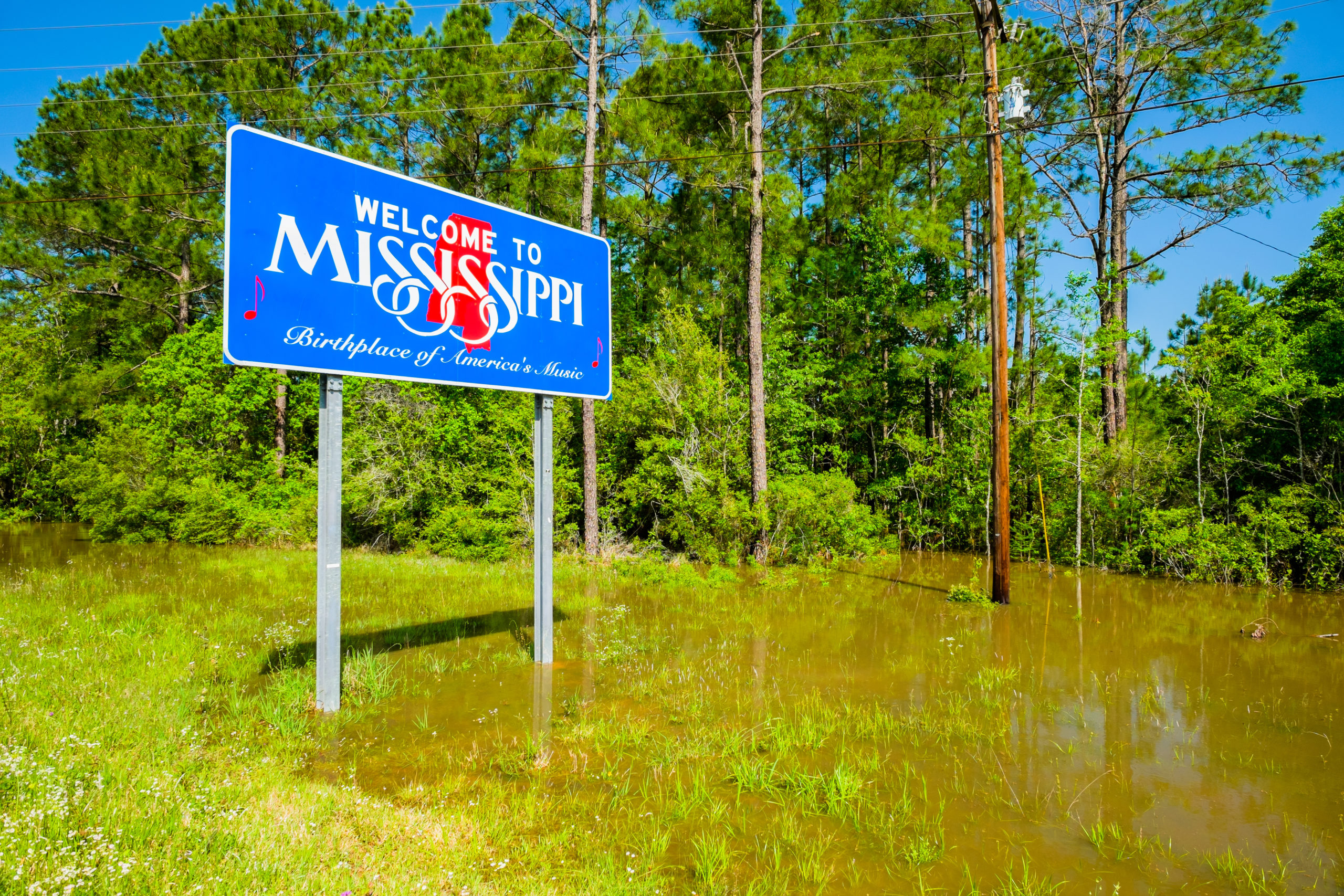For many, getting into a good sobriety program is easier said than done. Besides having to bob and weave through fraudulent practices, there is also the very real problem of cost. People facing serious addictions can often go bankrupt during the process, ultimately limiting the amount of funding they have available for recovery Interestingly, now certain states are stepping in; with grants that allow low-income residents the opportunity for free treatment.
Mississippi has recently been singled out as one of the states making a real difference in this area. Just this month, legislators ok’d a $3.58 million grant (via the organization Stand Up Mississippi) that will allow free treatment options for thousands of addicted residents.
Approximately eighty percent of that grand total will be used to expand treatment services. After meeting certain qualifications, those eligible will now receive free inpatient or outpatient care; individual, family and group therapy; and access to craving-blocking medications like methadone.
Part of the reason this movement received the support that it did had to do with the devastation the opioid crisis has caused in the state. Last year alone, there were 256 confirmed overdoses tied to painkillers. And the actual number is most likely much higher, making Mississippi one of the country’s hardest hit regions.
Stats like that, as well as personal connections to those impacted, have begun the reshape the narrative of addiction within the state. Once stigmatized, dependencies are now being heralded as a universal problem that “good, hard-working people” are getting caught up in.
“I used to have a low opinion of addicts. I’m ashamed of myself now,” Mississippi Public Safety Commissioner Marshall Fisher told the press following the announcement. “They are people who need help, and people from all walks of life can get addicted to opioids, even if they get a legitimate prescription from a doctor.”
Mississippi’s governor, Phil Bryant, has gotten involved too. His administration was responsible for setting up a state’s Opioid and Heroin Study Taskforce back in 2016 and had a hand in the launch of Stand Up Mississippi. Through his influence, organizations like the FBI, the DEA and the Department of Health have been partnering with the initiative.
The grant is certainly a step in the right direction and, for the record, some of its funds will also be given to Mississippi law enforcement. Part of the $3.58 million will be used to distribute 10,000 doses of the anti-overdose medication Narcan to officers throughout the state.







